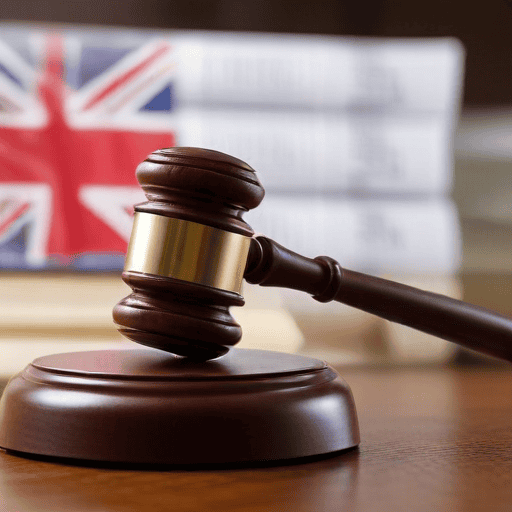The High Court in Suva recently denied the State prosecution’s request to return three satellite beacons to their owner, Green Tuna Fisheries Company Limited. This decision aligns with the ongoing murder trial of Tevita Kapawale, who is accused of killing five individuals aboard the fishing vessel MV Tiro II in Fiji waters in 2021.
During the court hearing, State prosecutor Triveshni Sharma explained that the company had acquired a new fishing vessel and desired to use the beacons, which are valued at $US700 ($FJ1600) each, plus an ongoing cost of $US12 ($FJ27) monthly for airtime. The prosecution noted that photographs of the beacons could suffice for the trial’s requirements, emphasizing that their physical presence in the exhibition room was less critical than their return to the owners.
In his defense, Legal Aid Commission lawyer Tobia Ravuniwa advocated for fairness, highlighting the potential inconvenience to the accused, Kapawale. He pointed out that while the company could afford new beacons, the impending trial dates—set for mid-January—made the return of the original beacons timely. Justice Tuiqereqere ultimately sided with Kapawale, recognizing the importance of the accused’s rights over the inconvenience faced by the fisheries company.
The trial has been rescheduled to take place between January 14 to 16 and 27 to 31, with the next court session set for December 13 to further address the case.
This case underscores the delicate balance the judicial system must maintain between the rights of the accused and the interests of evidence management and ownership rights. The emphasis on fairness in legal processes fosters hope in the justice system’s ability to prioritize individual rights amid challenging circumstances.

Leave a comment